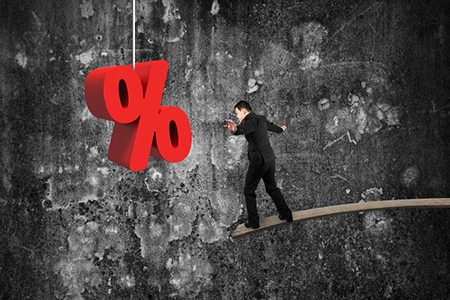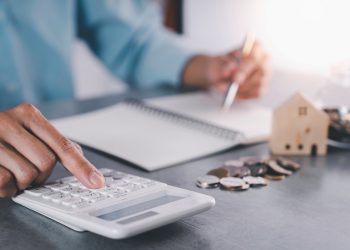 (TNS)–Unfazed by recent global turmoil, Federal Reserve Chair Janet L. Yellen is offering a fairly optimistic outlook for the U.S. economy and reaffirming that the central bank is likely to begin raising interest rates later this year.
(TNS)–Unfazed by recent global turmoil, Federal Reserve Chair Janet L. Yellen is offering a fairly optimistic outlook for the U.S. economy and reaffirming that the central bank is likely to begin raising interest rates later this year.
In a statement ahead of her semi-annual testimony to Congress on Wednesday and Thursday, Yellen says the labor market still had some ways to go and that business investment and exports have been soft this year. But she says she viewed some of those headwinds as fading and noted that low oil prices and continuing job gains should help maintain momentum in consumer spending, which accounts for two-thirds of the nation’s gross domestic product, or total economic output.
“Looking forward, prospects are favorable for further improvement in the U.S. labor market and the economy more broadly,” she says in the prepared remarks, which she was scheduled to deliver to the House Financial Services Committee on Wednesday morning. The Fed’s policymaking committee, she says, “expects U.S. GDP growth to strengthen over the remainder of this year and the unemployment rate to decline gradually.”
Besides the employment condition, the Fed is closely watching measures of inflation, which have been running unusually low, a sign of weakness that could also undermine wage gains. But Yellen says she considers the recent low readings as transitory, reflecting the fall in the price of oil and imported goods, and she reiterated her expectations that inflation would gradually rise toward the Fed’s target of 2 percent.
As long as the economy continues to progress along those expectations, Yellen says, the Fed is likely this year to raise its benchmark interest rate for the first time since 2006. She mentioned the problems in Greece and the uncertainties in China, but noted that global economic growth could pick up more quickly than many are expecting. The Fed’s so-called federal funds rate, which influences business and consumer borrowing costs, has been pinned near zero since the depths of the Great Recession in late 2008.
Yellen notes, as she has many times before, that the importance of the first rate hike in nearly a decade should not be overemphasized. Although markets have been consumed by when that first move might come — many expect it in September or December — Yellen says that “what matters for financial conditions and the broader economy is the entire expected path of interest rates,” which she has stated is likely to show gradual increases reflecting the expected moderate pace of economic growth.
Yellen, who has been in her job for nearly 18 months, concluded her prepared remarks with a number of examples of the Fed’s efforts over the years to be more transparent about its operations and decision-making. These comments appeared to be anticipating the sharp questions that Yellen is likely to face from House lawmakers, some of whom have been increasingly critical of the Fed, about its decisions and operations, including its recent responsiveness to inquiries about a possible leak of information in 2012.
In fact, in opening Wednesday’s hearing on Capitol Hill, Rep. Jeb Hensarling, R-Texas, chairman of the House Financial Services Committee, says that “one way that our economy can be healthier is for our Federal Reserve to be more predictable in the conduct of monetary policy.” During periods of expanded economic growth, such as during 1987 to 2003, he added, “The Fed followed a more clearly communicated, and understandable, and predictable conventional rule. America prospered.
“Today we’re left with so-called forward guidance, which unfortunately, remains somewhat amorphous, opaque and improvisational,” Hensarling says, referring to the Fed’s guiding statement that its interest rate decision would depend on progress in the labor market and confidence that inflation was moving toward the 2 percent target over the medium term.
Some House lawmakers want the Fed to follow a clearly stated rules-based approach in making monetary policy decisions, but Yellen and her colleagues have pushed back against that, arguing it would unnecessarily tie their hands in steering the economy.
Like her predecessor, Ben S. Bernanke, who came under fire from members of Congress wanting to rein in the Fed, Yellen also has vigorously defended efforts to subject the central bank to a so-called audit of its policymaking, which she and others have argued would politicize the independent institution.
“The Federal Reserve ranks among the most transparent central banks,” she says in her prepared remarks Wednesday. “Efforts to further increase transparency, no matter how well intentioned, must avoid unintended consequences that could undermine the Federal Reserve’s ability to make policy in the long-run interest of American families and businesses.”
©2015 Tribune Co.
Distributed by Tribune Content Agency, LLC










